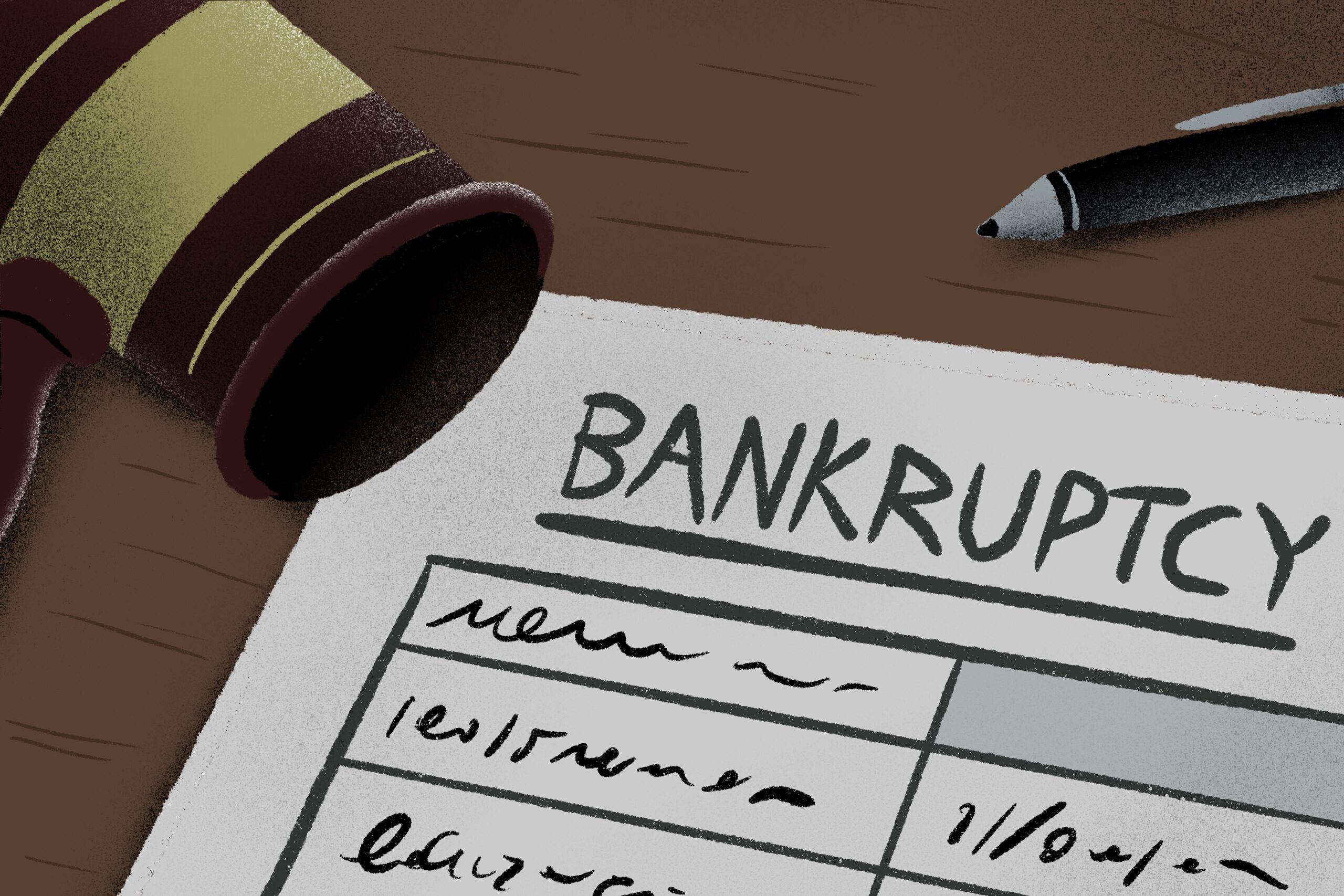 Filing for bankruptcy can be a difficult decision, but it can also provide relief from overwhelming debt. However, one important consideration when deciding to file for bankruptcy is how it will affect your tax obligations. Here are some key points to keep in mind.
Filing for bankruptcy can be a difficult decision, but it can also provide relief from overwhelming debt. However, one important consideration when deciding to file for bankruptcy is how it will affect your tax obligations. Here are some key points to keep in mind.
- Taxes May Be Dischargeable
While not all taxes are dischargeable in bankruptcy, some types of taxes may be eligible for discharge. In general, income taxes that are more than three years old and meet certain other requirements may be discharged.
However, it’s important to note that there are strict rules regarding which taxes can be discharged and how long you must wait before filing for bankruptcy. An experienced attorney can help you determine if your tax debts are eligible for discharge.
- The Automatic Stay Will Not Stop Tax Proceedings
When you file for bankruptcy, an automatic stay goes into effect that stops most collection activities by creditors. However, the automatic stay does not stop tax proceedings such as audits or assessments.
If you’re facing ongoing tax proceedings, it’s important to discuss your options with an experienced bankruptcy attorney in Birmingham who can help you navigate these complex issues.
- Chapter 13 Can Help You Manage Tax Debt
If you have significant tax debt that cannot be discharged in bankruptcy, Chapter 13 may be a good option for managing this debt. Under Chapter 13 bankruptcy, you’ll set up a repayment plan that allows you to pay off your debts over time while still protecting your assets from seizure by creditors.
This type of bankruptcy allows individuals to repay their debts over a period of three to five years through a court-approved repayment plan . In case of certain types of taxes ,the government might even prefer this option over Chapter 7 liquidation as they stand better chances of recovering their dues.
Chapter 13 can also provide protection against further collection efforts by the IRS or state taxing authority while the repayment plan is in effect.
- The Impact on Tax Refunds
If you’re expecting a tax refund during the year that you file for bankruptcy ,it’s important to understand how it will impact those refunds.
In cases where refunds have been paid out before filing the case ,the amount received would form part of the debtor’s estate and subject to distribution among creditors depending on priority rankings set out under law.
In cases where refunds have not yet been paid out at the time of filing ,the trustee appointed by court could claim them and distribute them among creditors based on priorities laid down under law.
- Seek Professional Advice
Navigating tax obligations when filing for bankruptcy can be complicated.Therefore seeking professional advice from an experienced attorney or accountant is highly recommended so as to ensure compliance with laws and regulations governing these matters .
An expert will evaluate individual circumstances and provide guidance accordingly thereby ensuring maximum benefits while minimizing risks associated with non-compliance with laws governing these issues.
In conclusion, managing tax obligations when deciding to file for bankruptcy requires careful consideration and planning.It is therefore advisable to work closely with professionals who specialize in helping individuals navigate these complex situations so as to ensure compliance with legal requirements while maximizing benefits associated with available options.
By taking proactive steps towards managing tax obligations effectively ,individuals who seek relief through filing for bankruptcy stand better chances towards achieving long-term financial stability.

Leave a Reply